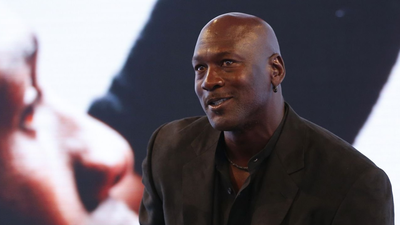What is US’ ‘Einstein Visa’? What makes EB-1 visa special and why it’s in demand among skilled professionals in India – explained

The EB-1 visa, often dubbed the “Einstein Visa,” has surged in popularity among skilled professionals globally, especially in India, offering a faster route to US permanent residency. However, while its appeal has widened, so too has the spread of misinformation surrounding what it takes to qualify.
What is the EB-1 Visa?
The EB-1 is a first-preference employment-based green card category designed for individuals with proven, exceptional ability. As per ET, it is divided into three subcategories, EB-1A (extraordinary ability), EB-1B (outstanding professors and researchers), and EB-1C (multinational executives and managers). Unlike other employment-based visas, it does not require labour certification and is often processed faster, with visa numbers typically “current,” allowing immediate action once Form I-140 is approved.
EB-1 visa: Who can apply and how?
The EB-1A subcategory, open to self-petitioners, applies to individuals with extraordinary ability in fields like science, arts, business, education, or athletics. No employer sponsorship is needed, but applicants must show sustained national or international acclaim. Acceptable proof includes international media recognition, original contributions of major significance, authorship of scholarly articles, and more but applicants must convincingly demonstrate excellence, not just meet a checklist.In contrast, EB-1B and EB-1C require employer sponsorship. EB-1B applicants must be internationally recognised academics with at least three years of teaching or research experience and a job offer in the US. EB-1C caters to executives or managers who have worked for a related company abroad for at least one year in the last three years, entering the US to assume a similar role.
Misinformation and dubious practices on the rise
But as demand spikes, concerns are growing over how the visa is being marketed. A rise in immigration agents pushing “profile-building services,” from engineered media visibility to questionable publications aimed at inflating resumes. While these practices may seem like shortcuts, US immigration officers are increasingly trained to detect and reject fraudulent profiles.False claims can lead not just to rejection, but to a permanent bar on reentry. Moreover, USCIS now rigorously checks the authenticity of awards, citations, and affiliations.
EB-1 Visa: Application process , costs and timelines
Despite these risks, the EB-1 remains a powerful and prestigious pathway. Premium processing of Form I-140 costs $2,805 and guarantees a decision within 15 calendar days, though standard timelines can stretch across months.Following approval, applicants within the US may file Form I-485 to adjust status, while those abroad use Form DS-260 for consular processing, as per ET.Eligible family members, spouses and unmarried children under 21, can also apply for green cards under the same petition.While frustrations over the H-1B visa system and long green card queues have led many to eye the EB-1 as a fast-track solution, immigration experts caution that it is not a shortcut but a reward for verifiable, world-class excellence.The Einstein visa is not a myth, but it’s also not magic… Exceptional talent is earned, not engineered. And the US immigration system knows the difference.





